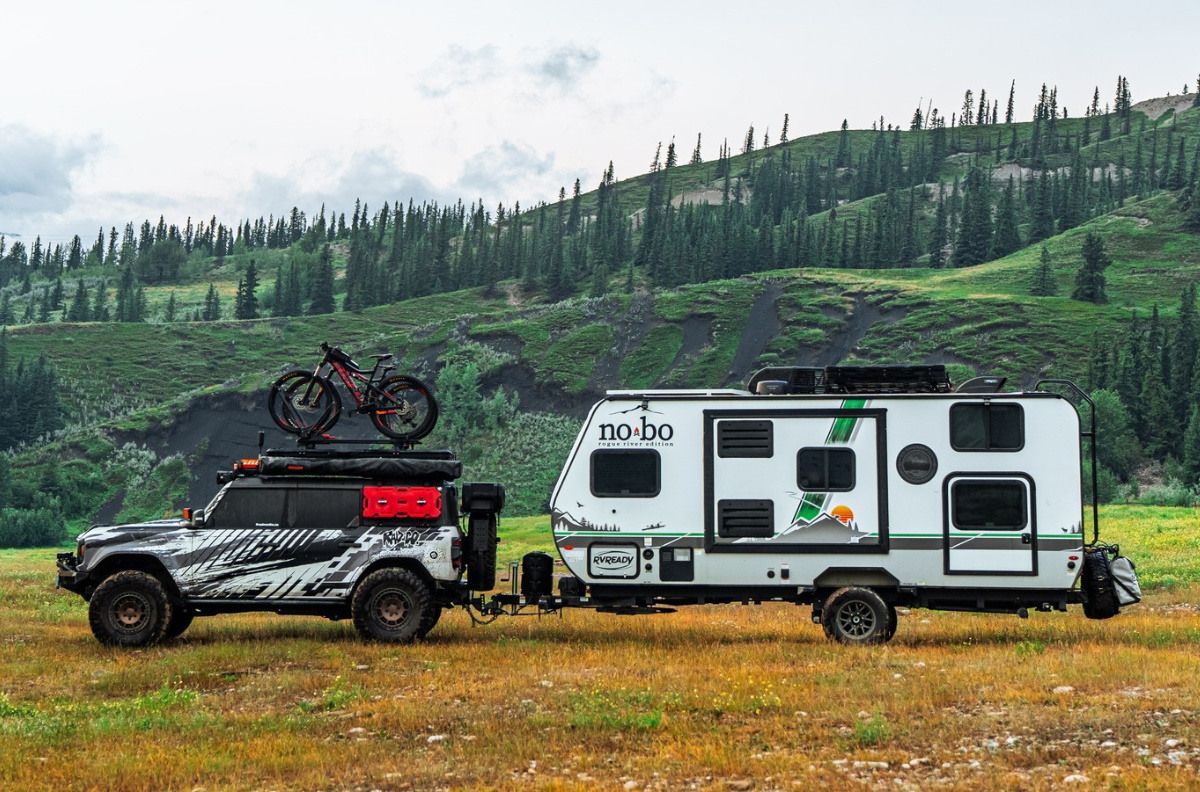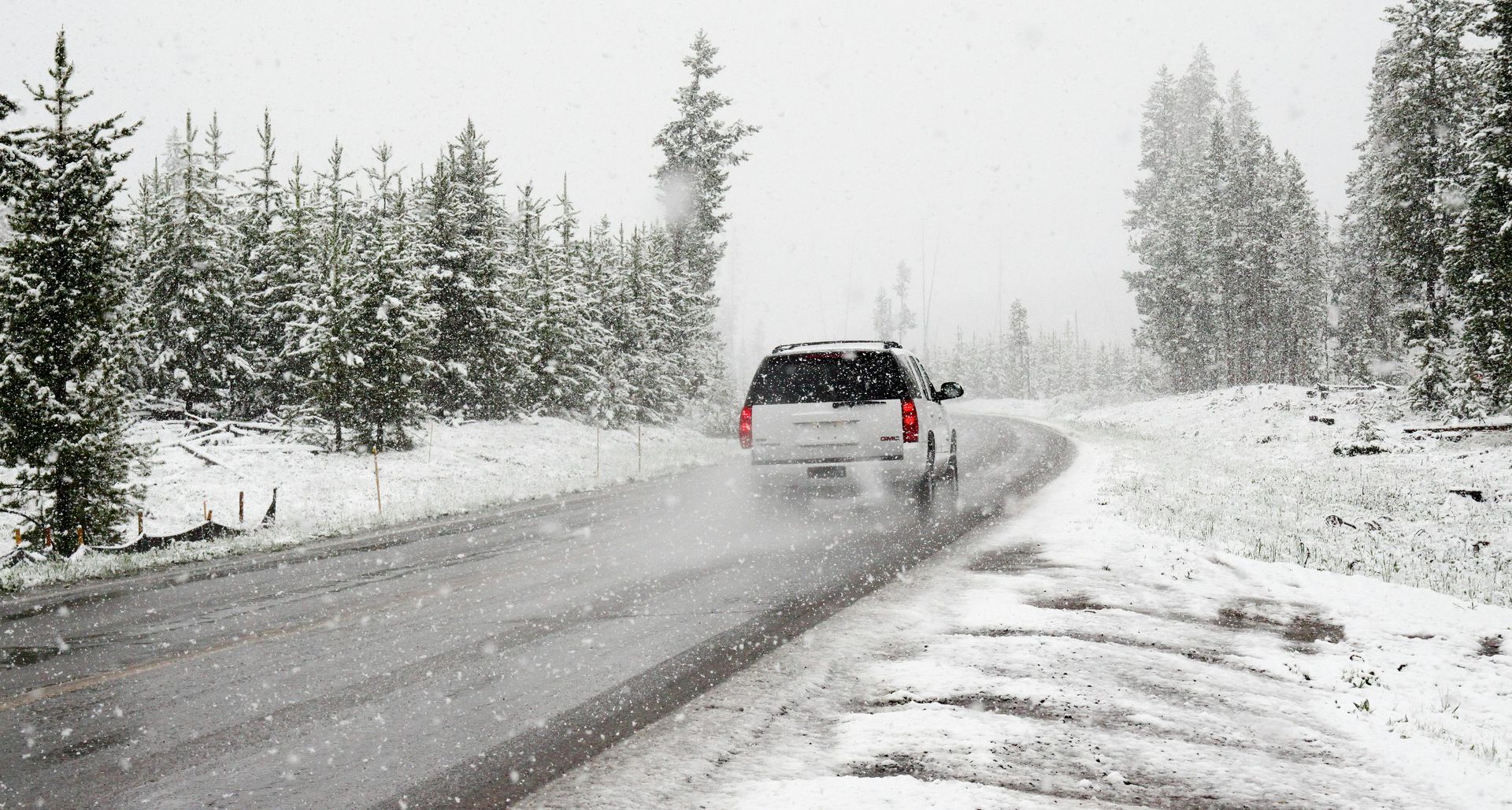Beat the Clock: Why August Is Prime Time for Oil Changes in Colorado
As August settles over Fort Collins, many drivers are squeezing in those last summer adventures before school starts and fall activities begin. Between camping trips to Rocky Mountain National Park and weekend drives through Poudre Canyon, your engine has been working overtime in Colorado's demanding conditions. Late summer presents the ideal window for an oil change that will protect your investment and keep you rolling through the changing seasons.
Colorado's unique climate creates specific challenges for your engine oil. The combination of high altitude, intense UV rays, and dramatic temperature swings puts extra stress on your vehicle's lubrication system. Add in the dusty conditions around Fort Collins and frequent mountain driving, and your oil faces a perfect storm of contamination and breakdown.
Summer Heat Breaks Down Oil Faster
Fort Collins summer temperatures regularly climb into the 90s, and your engine compartment gets even hotter. Under the hood, temperatures can reach 200°F or more, causing conventional oil to thin out and lose its protective qualities.
Here's what happens to your oil in summer heat:
- Viscosity changes, reducing protection for engine parts
- Additives break down faster, losing their effectiveness
- Oil oxidizes more quickly, forming harmful deposits
- Moisture evaporation leaves behind concentrated contaminants
Mountain driving makes these problems worse. Climbing toward destinations like Estes Park or Cameron Pass forces your engine to work harder, generating even more heat. The combination of altitude and steep grades can push engine temperatures beyond what your oil was designed to handle.
Dust and Debris Take a Toll
Northern Colorado summers bring dust, pollen, and debris that find their way into your engine. Construction along College Avenue, dirt roads near Wellington, and unpaved camping areas all contribute particles that contaminate your oil.
Your air filter catches most debris, but microscopic particles still get through. Over time, these contaminants turn your clean oil into an abrasive slurry that can damage engine components instead of protecting them.
Late summer oil changes remove these accumulated contaminants before they cause permanent damage. Fresh oil and a new filter give your engine the clean start it needs for fall and winter driving.
Prepare for Temperature Extremes
Colorado weather is notorious for dramatic shifts. Fort Collins can see 90-degree days in August followed by 40-degree mornings in September. These temperature swings affect your oil's performance and your engine's needs.
Multi-grade oils handle temperature changes better than single-grade alternatives, but even the best oil degrades over time. Late summer oil changes ensure you have fresh, properly formulated oil ready for whatever weather comes next.
Temperature-related oil challenges:
- Cold morning starts require different viscosity than hot afternoon driving
- Altitude changes affect oil performance
- Mountain driving in cool morning air followed by hot valley driving stresses oil
- Early fall snow at higher elevations demands reliable cold-weather protection
Mileage Adds Up During Summer Adventures
Summer road trips pile on the miles quickly. That weekend camping trip to State Forest State Park adds 400 miles. A day trip to Trail Ridge Road puts another 200 miles on your odometer. Before you know it, you've exceeded your oil change interval.
Many Fort Collins drivers follow time-based oil change schedules during winter but forget that summer driving often means more frequent changes are needed. If you've been exploring Colorado's backroads or making regular trips to mountain destinations, you've probably accumulated more miles than usual.
Check your odometer against your last oil change. If you're approaching or have exceeded your vehicle manufacturer's recommended interval, late summer is the perfect time to reset the clock with fresh oil.
Engine Protection for Fall Activities
September and October bring some of Colorado's most beautiful driving weather, but they also bring new challenges. School activities mean more stop-and-go driving around Fort Collins. Fall colors attract weekend drivers to mountain roads. Hunting season sends trucks and SUVs into remote areas.
Fresh oil provides the protection your engine needs for these varied driving conditions. Clean oil flows better during cold morning starts and maintains its protective qualities during long mountain climbs.
Different Driving, Different Oil Needs
Summer driving patterns often differ from the rest of the year. Many Fort Collins residents spend more time on highways traveling to mountain destinations and less time in stop-and-go city traffic. This highway driving is actually easier on your oil than short-trip city driving, but it still takes a toll.
Consider your recent driving patterns:
- Long highway trips to camping destinations
- Mountain driving with steep grades and elevation changes
- Dusty or dirty road conditions
- Extended periods of highway cruising
- Air conditioning running constantly
Each of these conditions affects your oil differently. A late summer oil change takes into account the specific stresses your engine has faced over the past few months.
Synthetic vs. Conventional for Colorado Conditions
Colorado's challenging conditions make synthetic oil worth considering. The extreme temperature variations, high altitude, and demanding driving conditions around Fort Collins can overwhelm conventional oils.
Synthetic oils offer several advantages for Colorado drivers:
- Better performance at temperature extremes
- Longer intervals between changes
- Superior protection during mountain driving
- Better resistance to oxidation and breakdown
If you're still using conventional oil, late summer is an excellent time to make the switch. Your engine will be better protected during fall and winter months when cold starts and temperature swings become more frequent.
Don't Wait for the Rush
Many drivers wait until the first cold snap to schedule maintenance, creating busy periods at repair shops. Beat the rush by scheduling your oil change now, while temperatures are still warm and shops have better availability.
Late summer oil changes also give you peace of mind before fall activities begin. Whether you're shuttling kids to school activities or planning hunting trips into the mountains, you'll know your engine is protected with fresh oil and a clean filter.
Timing Matters for Engine Health
Regular oil changes are the single most important maintenance task for your engine's longevity. Missing or delaying changes can lead to expensive repairs that far exceed the cost of routine maintenance.
Late summer timing offers several advantages:
- Addresses summer heat damage before it becomes permanent
- Prepares your engine for fall temperature changes
- Removes accumulated dust and debris from summer driving
- Ensures optimal protection during busy fall schedules
Keep Your Engine Running Strong
Don't let summer's toll on your engine oil lead to costly repairs down the road. At Total Automotive in Fort Collins, we know how Colorado's unique conditions affect your engine oil, and we can help you choose the right oil for your driving needs.
Our ASE-certified technicians have been keeping Fort Collins vehicles running smoothly since 1985. Whether you need conventional, high-mileage, or full synthetic oil, we'll make sure your engine gets exactly what it needs to handle whatever Colorado throws at it.
Located at 6024 South College Avenue, our 12-bay facility makes oil changes quick and convenient. Don't wait for the fall rush—call (970) 900-6735 or book your late summer oil change online today. Your engine will thank you when the first cold morning arrives.












